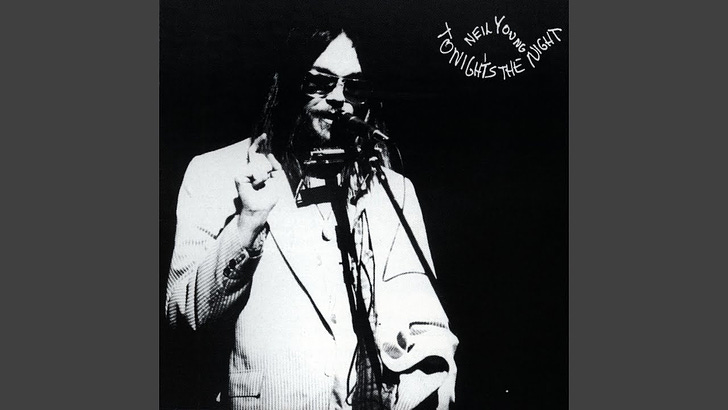Writing this past summer in The Atlantic, the prodigious critic Elizabeth Nelson, whose Substack is
, and whose band is The Paranoid Style, refers to the 1973-1975 Neil Young albums Time Fades Away, On the Beach, and Tonight's the Night as "The Ditch Trilogy." She quotes Young's liner notes to his 1977 compilation Decade. He was bored with the middle of the road success of "Heart of Gold," Young had written, "so I headed for the Ditch." These are still my three favorite Neil Young albums. The last one has always been the masterpiece for me, and I wrote this review of Tonight’s the Night serving time as the editor of Creem in Birmingham, Mich., in 1975.Keep reading with a 7-day free trial
Subscribe to Critical Conditions by Wayne Robins to keep reading this post and get 7 days of free access to the full post archives.



